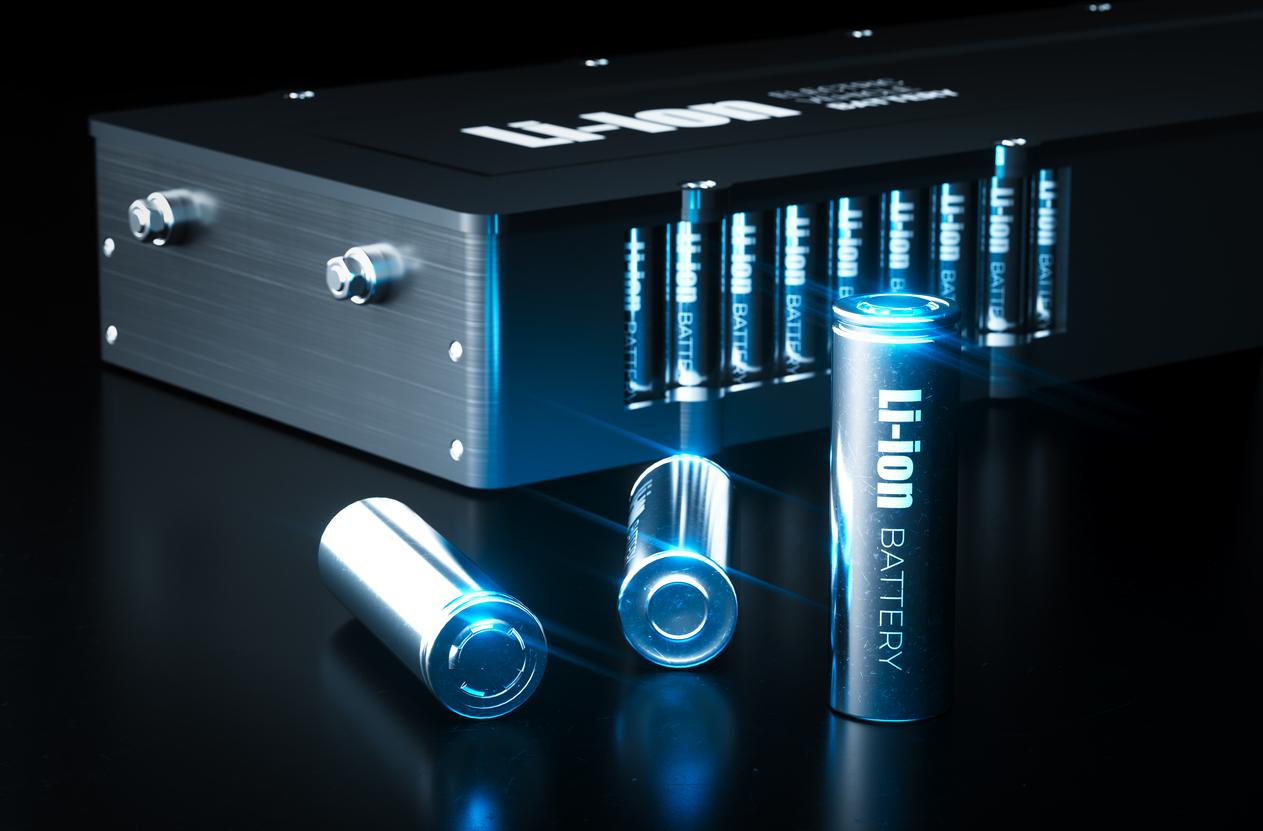
Protect Your Home from Lithium-Ion Battery Fire Hazards
By: hemant
Every May, the United States observes National Electrical Safety Month—a time dedicated to raising awareness about electrical hazards and promoting safety measures to prevent accidents.
In recent years, one particular concern has gained prominence: the fire dangers associated with lithium-ion batteries commonly found in everyday devices. As homeowners, it’s crucial to understand these risks and take proactive steps to safeguard our homes and loved ones.

What Are Lithium-ion Batteries?
Lithium-ion batteries are a widely-used type of rechargeable battery designed to handle repeated charge/discharge cycles. These batteries are distinct from traditional disposable batteries that can’t be safely recharged. They power a vast array of modern gadgets, from smartphones and laptops to power tools and electric vehicles. While these batteries offer high energy density and rechargeability, they also pose inherent fire risks, especially when mishandled or improperly stored.
Dangers of Lithium-ion Batteries
Thermal runaway—a chain reaction leading to overheating and potentially combustion—can occur if a lithium-ion battery is damaged, overcharged, or exposed to high temperatures. This can result in the release of gas, cause fire, and possible explosion.
Safety Tips
So, what can homeowners like you do to minimize the fire hazards posed by lithium-ion batteries? Here are some essential tips:
- Purchase quality products. Invest in devices and batteries from reputable manufacturers known for their adherence to safety standards. Cheap, counterfeit, or poorly made products may lack adequate protection mechanisms, increasing the likelihood of malfunction and fire.
- Follow charging guidelines. Overcharging lithium-ion batteries can lead to overheating and, in extreme cases, fire. Always use the charger supplied by the device manufacturer and avoid leaving devices plugged in overnight or for extended periods.
- Inspect devices regularly. Routinely inspect your electronic devices and batteries for signs of damage, such as bulging, corrosion, or unusual odors.
- Store batteries safely. Store lithium-ion batteries in a cool, dry place away from direct sunlight and sources of heat. Avoid storing them loose in a drawer where they could come into contact with metal objects, which might cause a short circuit.
- Dispose of batteries responsibly. When lithium-ion batteries reach the end of their lifespan, do not toss them in the regular trash. Many communities offer recycling programs for batteries to prevent environmental contamination and reduce fire hazards at landfills.
- Stay informed. Keep up with the latest safety guidelines and recalls related to lithium-ion batteries. Manufacturers occasionally issue recalls due to safety concerns, so register your devices to receive notifications.
- Invest in fire safety equipment. Install smoke detectors and fire extinguishers in strategic locations throughout your home, particularly near areas where lithium-ion batteries are frequently used or charged.
By following these precautions and staying vigilant, you can significantly reduce the risk of lithium-ion battery-related fires and enjoy the convenience of modern technology with peace of mind. Sparky and Excel Electrical Technologies is here to help you stay safe this National Electrical Safety Month and always. Contact us for all your electrical needs.





